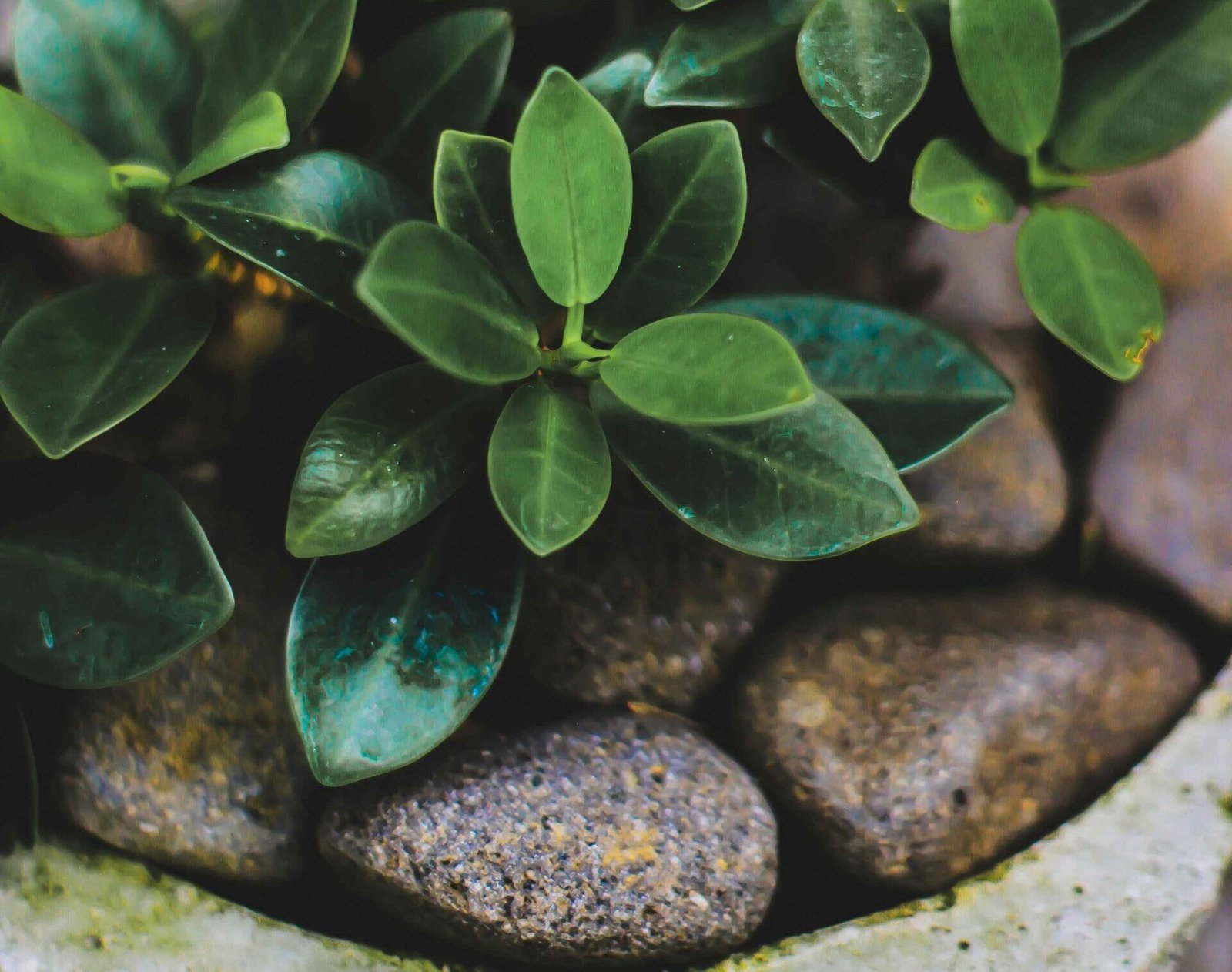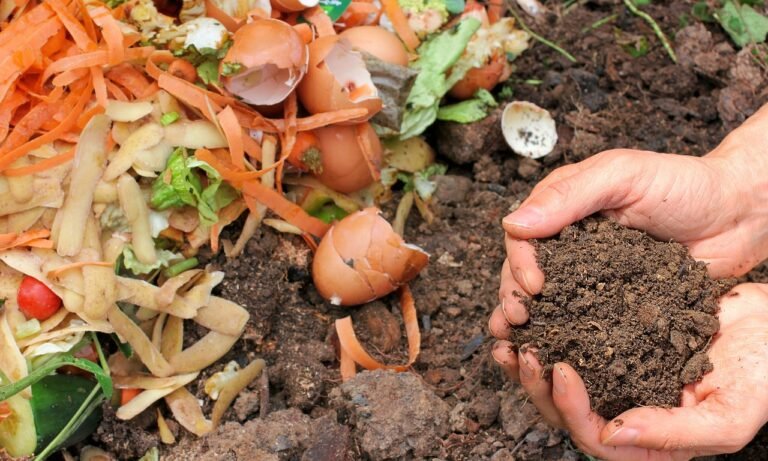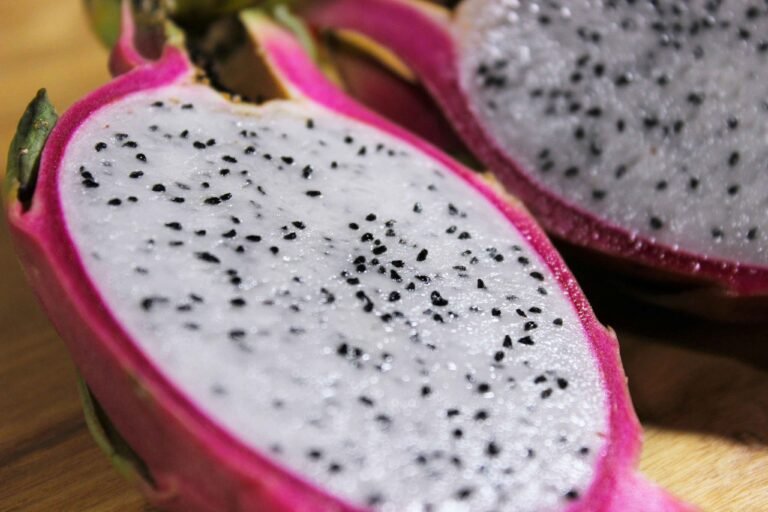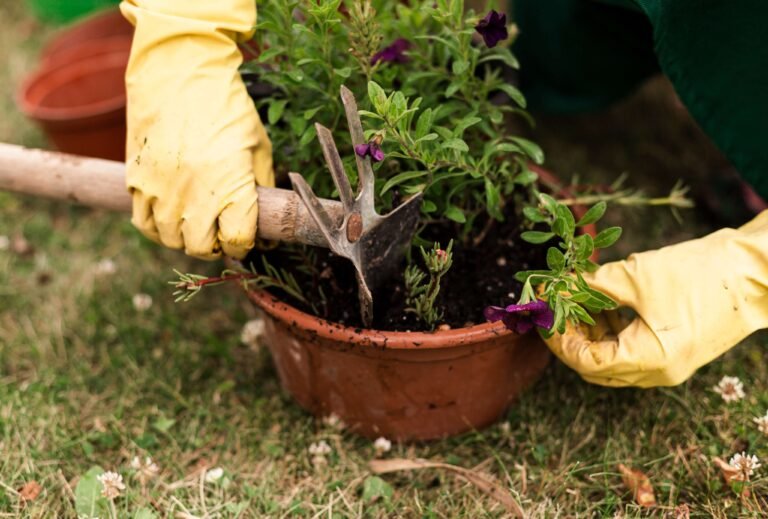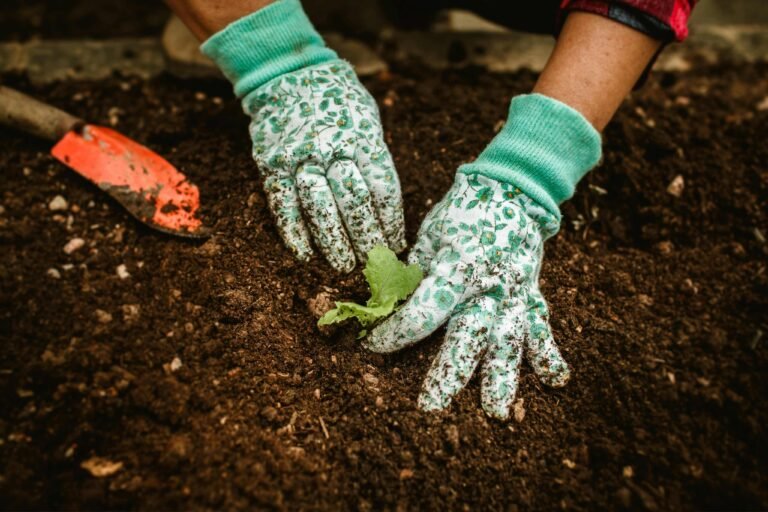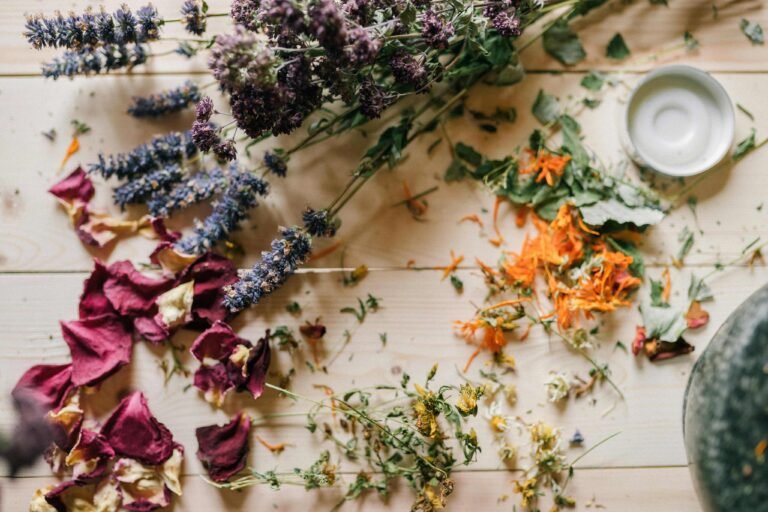A Complete Guide to Using Mulch in Pots
Whether you’re a seasoned gardener or just getting into houseplants, keeping potted plants healthy can sometimes feel like an ongoing battle. One of the simplest, yet most effective, tricks you might be overlooking is using mulch in pots in your garden.
You may have heard about mulch being used in outdoor gardens, but did you know it can work wonders in pots too? Mulching your potted plants is not just about aesthetics; it’s a secret weapon to help your plants thrive. Let’s dive into why adding mulch to your potted plants is a must-do and how it can elevate your gardening game.
What Is Mulch?
First things first, what exactly is mulch? Mulch refers to any material (organic or inorganic) that is spread over the surface of the soil to conserve moisture, improve fertility, and reduce weed growth. For pots, mulch is typically applied on top of the potting mix to create a protective layer that offers multiple benefits.
You can use organic mulch like bark chips, straw, or even leaves, or opt for inorganic options such as gravel or pebbles.
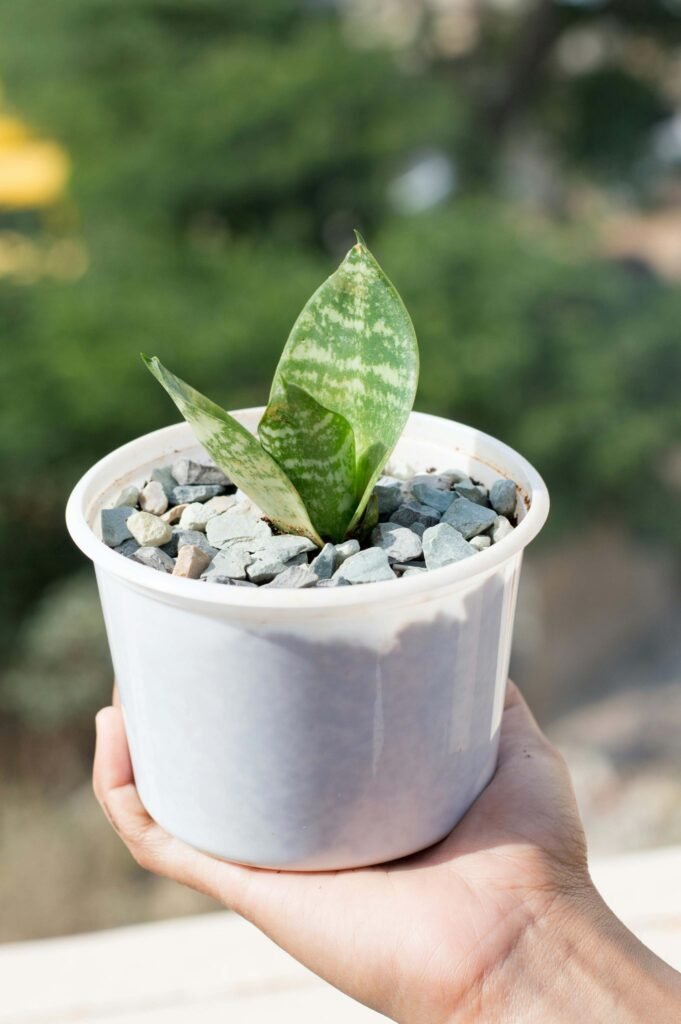
Why Mulch is Important for Potted Plants
You might wonder: “Why should I bother with mulch for my potted plants?” There are plenty of good reasons! Mulch brings many benefits to houseplants, and it’s one of the easiest ways to upgrade your plant care routine.
Here’s how mulch works wonders for your potted plants:
-
Moisture Retention
One of the most important benefits of mulching is that it helps retain moisture in the soil. Potted plants tend to dry out more quickly than those in the ground, as the container limits the amount of soil available to store water. A layer of mulch acts as a barrier, reducing evaporation and keeping the soil moist for longer. This means less frequent watering and happier plants! But you might also need to make the perfect water drainage system of soil in that pot.
-
Temperature Control
Mulch acts like a blanket for your soil, insulating the roots from extreme temperatures. In the hot summer months, it helps keep the soil cooler, while during cooler times, it prevents the soil from getting too cold. This consistency in soil temperature is essential for plant health, especially for potted plants that are more vulnerable to environmental changes.
-
Weed Control
While weeds are less of a problem in pots than in garden beds, they can still sneak in. Mulch creates a physical barrier that makes it harder for weeds to take root in your pots. Fewer weeds mean your plants don’t have to compete for nutrients, water, and light.
-
Nutrient Boost (Organic Mulch)
When using organic mulch like wood chips or compost, you’re not just protecting the soil, but you’re also enriching it. As these organic materials break down over time, they release nutrients that your plants can absorb. Think of it as a slow-release fertilizer, feeding your plants steadily without overwhelming them.
-
Aesthetic Appeal
Let’s not forget the visual impact! A layer of mulch can make your potted plants look more polished and well-kept. Whether you prefer the rustic look of bark or the clean, modern feel of gravel, mulch adds a finishing touch that elevates your plant’s presentation.
Types of Mulch for Pots
Now that you’re on board with the importance of mulch, let’s talk about what type you should use for your potted plants. There are several options, each with its pros and cons.
Organic Mulch
-
Bark Chips
- Pros: These are readily available and look great in pots. As they decompose, they provide nutrients to the soil.
- Cons: They break down slowly, so the benefits to the soil may take some time.
-
Coconut Coir
- Pros: Lightweight and sustainable, coconut coir retains moisture really well. It’s an excellent choice for tropical plants.
- Cons: It can become compacted over time, which might hinder water penetration if not refreshed.
-
Compost
- Pros: Compost is like gold for plants—rich in nutrients and beneficial microorganisms. It’s ideal if you’re focused on organic gardening.
- Cons: It can sometimes attract pests, so it’s best for well-ventilated areas.
Inorganic Mulch
-
Pebbles and Stones
- Pros: They add a stylish, modern look to your pots. Pebbles and stones also help to prevent soil erosion when watering.
- Cons: Unlike organic mulch, pebbles won’t improve soil health, so they are purely decorative and functional for moisture retention.
-
Gravel
- Pros: Great for drainage and preventing soil from splashing out of the pot when watering. Ideal for succulents and cacti.
- Cons: Heavy and doesn’t break down, so it won’t add any nutrients to the soil.
How to Mulch Your Potted Plants
Applying mulch is pretty simple, but doing it correctly is key to getting the best results.
-
Choose the Right Mulch
Organic mulch like bark chips or coconut coir is perfect if you want to boost soil nutrients. For a more decorative approach, go with pebbles, gravel, or even glass beads.
-
Start with Well-Watered Soil
Always mulch after watering your plant thoroughly. Mulch is excellent for moisture retention, but it won’t help much if the soil is bone dry underneath.
-
Spread the Mulch Evenly
Use about 1-2 inches of mulch on the top of the soil. If you’re using heavier materials like pebbles, a thinner layer will do.
-
Avoid Mulching Too Deeply
Over-mulching can suffocate the plant’s roots and hinder water absorption. Make sure the mulch is not piled up against the plant stem.
-
Check Regularly
Organic mulch breaks down over time, so you’ll need to refresh the layer every few months to maintain its benefits. Inorganic mulch, like pebbles, can be left as is, but you should still clean it occasionally to prevent mold.
How Mulch Improves Potted Plant Care
Adding mulch to your potted plants can simplify your gardening routine in several ways:
-
Less Frequent Watering
Mulch helps retain moisture, which means you won’t need to water your plants as often. This is especially useful if you travel or tend to forget to water your plants.
-
Fewer Soil Pests
A layer of mulch can act as a barrier, discouraging pests from laying eggs in the soil or finding their way to your plant’s roots.
-
Healthier Root Systems
When mulch slowly decomposes, it adds organic matter back into the soil, boosting its structure and nutrient content. This results in stronger, healthier root systems.
Common Mistakes to Avoid with Mulch
As great as mulch is, there are a few common mistakes to avoid:
-
Over-mulching
Piling on too much mulch can suffocate the roots and trap excess moisture, leading to root rot.
-
Using the Wrong Type
Not all mulch is suitable for potted plants. Be mindful of choosing the right type for indoor use. Avoid mulches that may attract pests or mold indoors, like straw.
-
Not Refreshing Mulch
Organic mulch breaks down over time and needs to be replenished. If you let it sit for too long, it can compact and hinder water penetration.
The Downsides?
It’s hard to find any real disadvantages to using mulch in your potted plants, but like anything in gardening, balance is key. One thing to keep in mind is that too much mulch can create problems like mold growth or excess moisture. Just stick to the recommended 1-2 inch layer, and you should be golden.
Also, if you’re using organic mulch, keep an eye on pests. Some types, like bark mulch, can sometimes attract insects if left unchecked.
“A garden requires patient labor and attention. Plants do not grow merely to satisfy ambitions or to fulfill good intentions. They thrive because someone expended effort on them.”
– Liberty Hyde Bailey
Final Thoughts: Mulch Your Way to Greener, Happier Plants
Using mulch in pots is one of those easy yet powerful gardening hacks that can make a big difference. Not only will it save you time and effort (hello, less watering!), but it also promotes healthier plants by regulating temperature, reducing weeds, and even feeding them. Whether you’re growing herbs, flowers, or houseplants, a little bit of mulch can go a long way in keeping your potted plants thriving year-round.
So, next time you’re potting a plant, don’t skip the mulch. Your plants will thank you for it!

